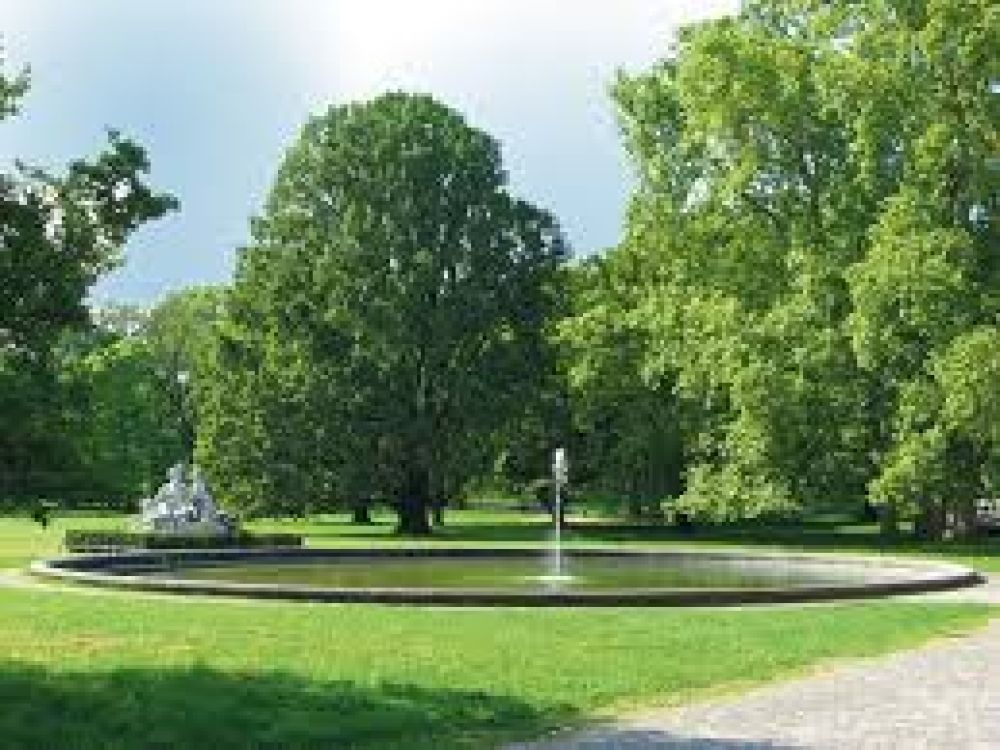

Rosenstein Park ("Rosensteinpark") is a significant landscape garden in Stuttgart, Germany, with a rich history that dates back to the early 19th century. The park was commissioned by King Wilhelm I of Württemberg and was designed by the renowned landscape architect Johann Bosch. Officially opened in the year 1829, it has since been a jewel in the crown of Stuttgart's green spaces.
Named after the Rosenstein Castle ("Schloss Rosenstein"), which now houses the State Museum of Natural History Stuttgart, the park was originally fashioned as an English garden. Schloss Rosenstein used to be a royal residence and its surrounding gardens were conceived as a symbol of tranquility and grandeur, thus reflecting the Romantic movement's influence on garden design at the time.
Over the years, the park has undergone several enhancements, expanding its reach and adding to its botanical diversity. Today, Rosenstein Park covers an area of about 74 acres and is characterized by its extensive meadows, majestic trees, and curving paths that invite visitors to meander and enjoy the serene landscape. It has become an integral part of the "Green U," a series of interconnected parks that stretch across the city.
Not merely a place for passive recreation, the park also became the site for various cultural events and initiatives throughout history, contributing to its role as a community hub for both locals and tourists alike.
Modern tourism trends at Rosenstein Park reflect a growing interest in sustainable and responsible travel. Visitors are attracted to the park's natural scenery and the opportunity to explore the local flora and fauna without leaving a significant environmental footprint. Nature walks, bird-watching, and educational tours in the nearby museum are particularly popular activities, emphasizing an interactive and informative experience.
Moreover, with increased awareness of health and wellness, Rosenstein Park sees a steady influx of tourists and locals looking for green spaces for outdoor fitness activities, such as jogging, yoga, and tai chi. The trend of "slow tourism" is evident here, where visitors are keen to immerse themselves in the tranquil atmosphere, taking the time to appreciate the park's beauty rather than rushing through.
Rosenstein Park is not only significant for its horticultural treasures but also as a venue for community events and festivals. The park often serves as a natural stage for concerts and performances during the warmer months, further consolidating its place as a versatile tourist destination.
Moving forward, Rosenstein Park is expected to continue to thrive as a top urban retreat in Stuttgart. Efforts to preserve its historical aspects while integrating contemporary amenities are likely to draw a diverse array of visitors. The park is apt to remain a reflection of Stuttgart's commitment to preserving green spaces and facilitating encounters with nature, ensuring that it will be treasured for generations to come.